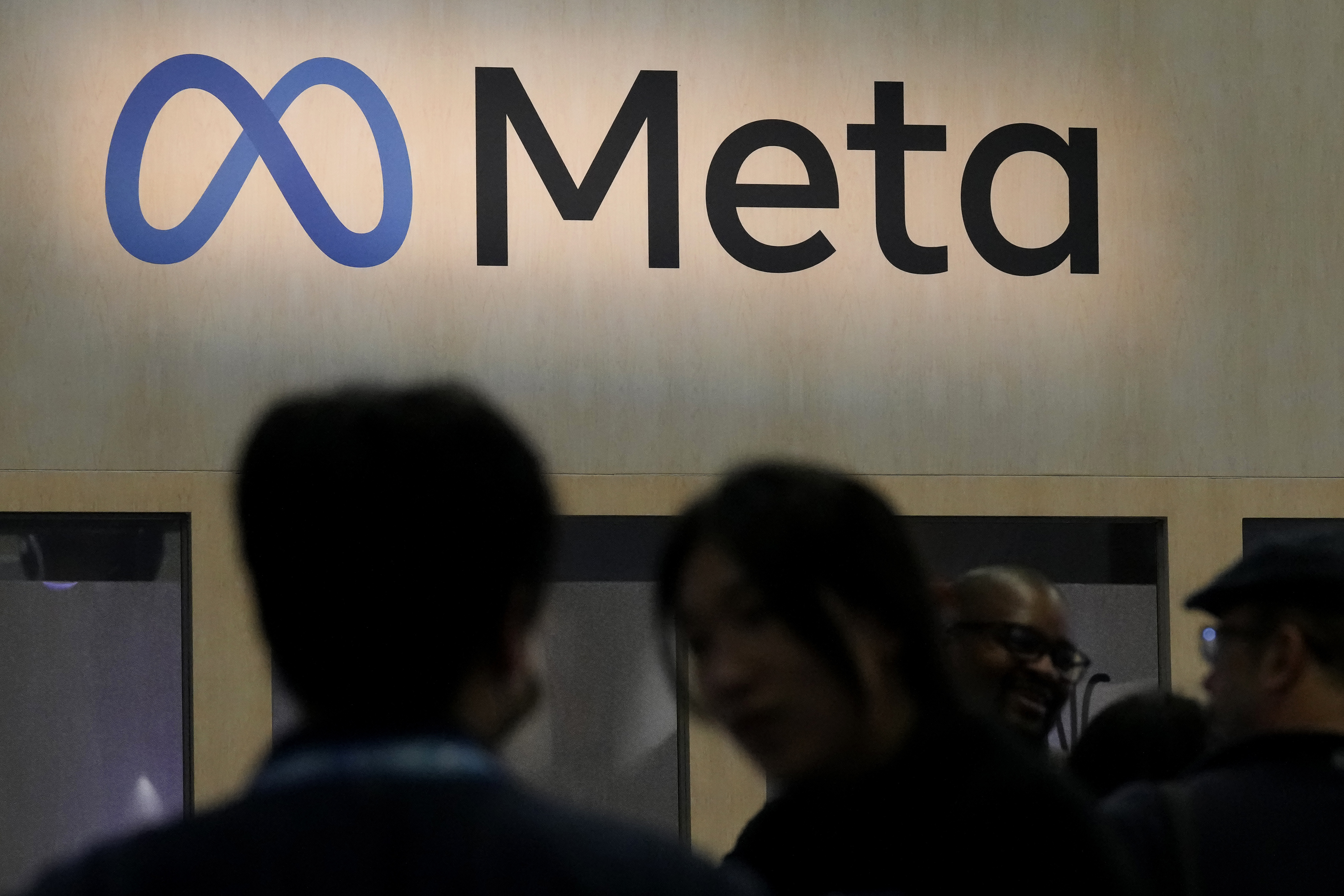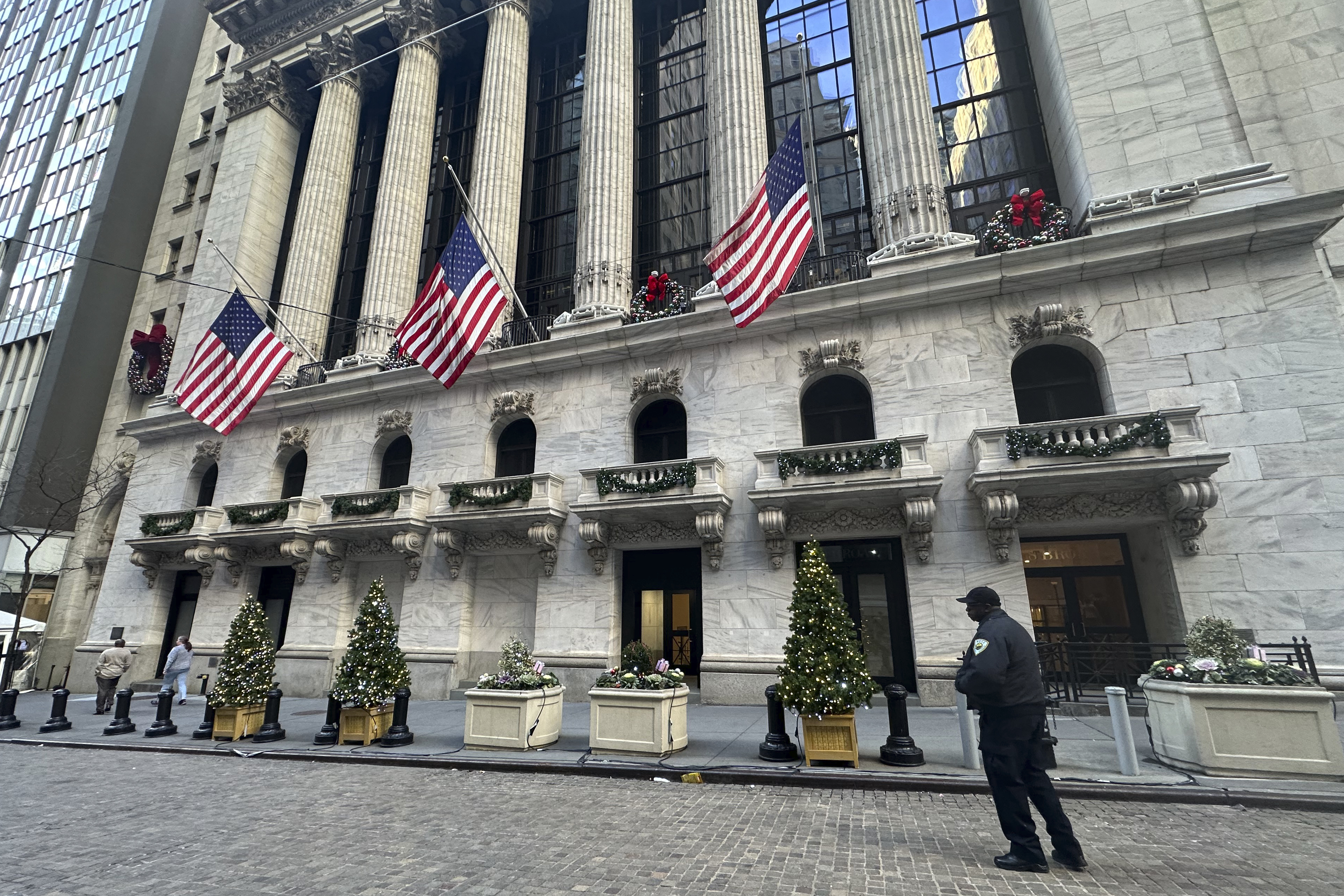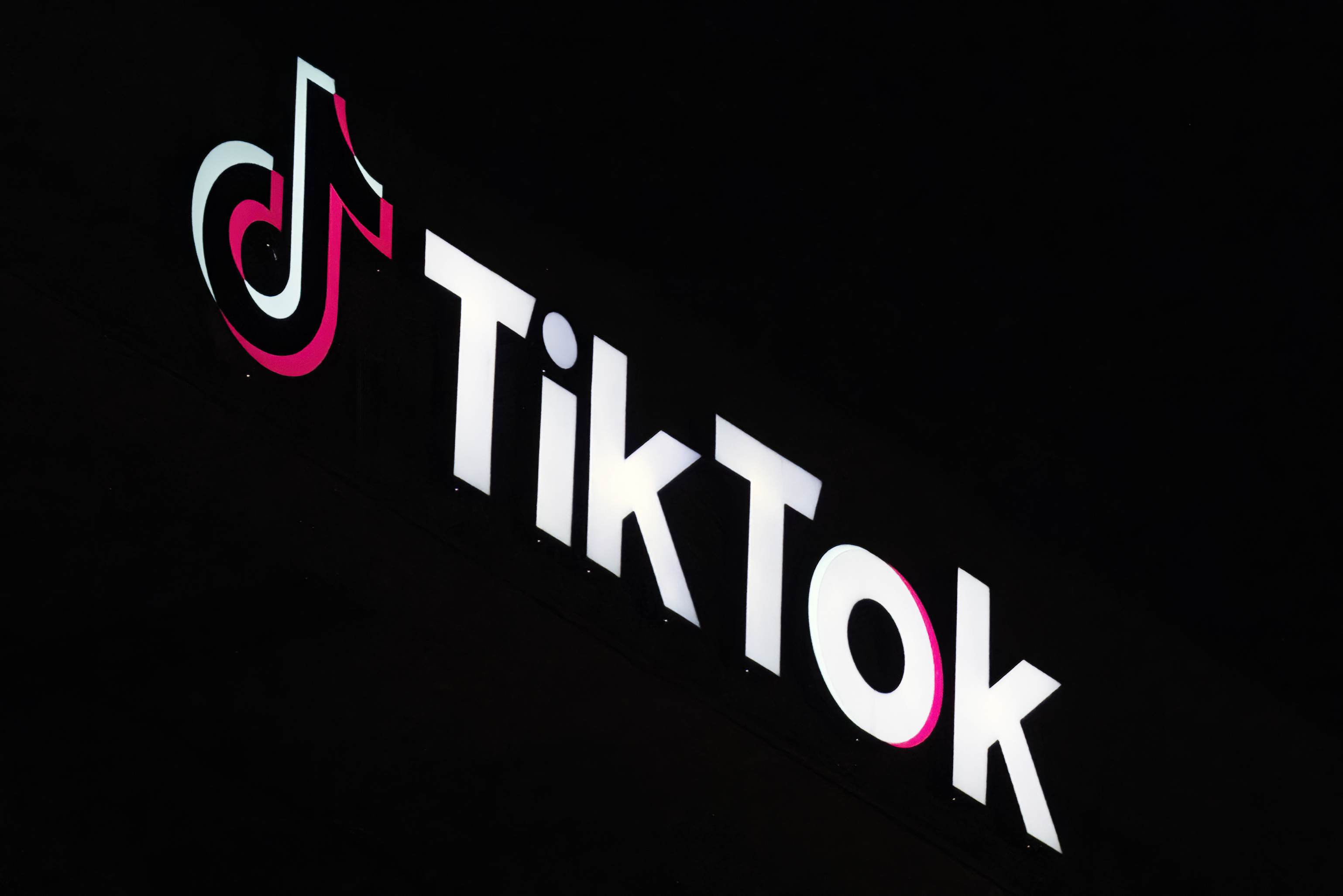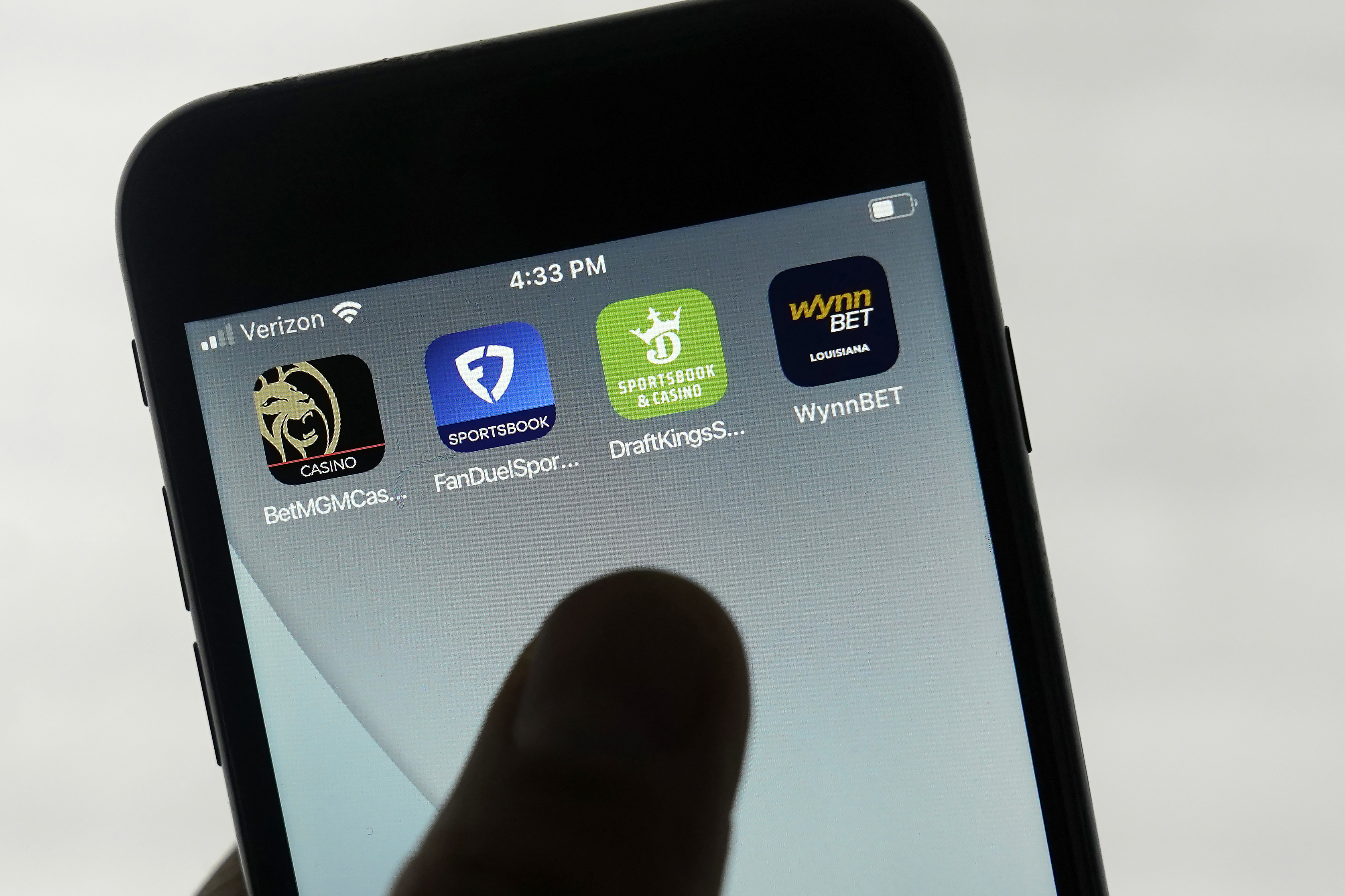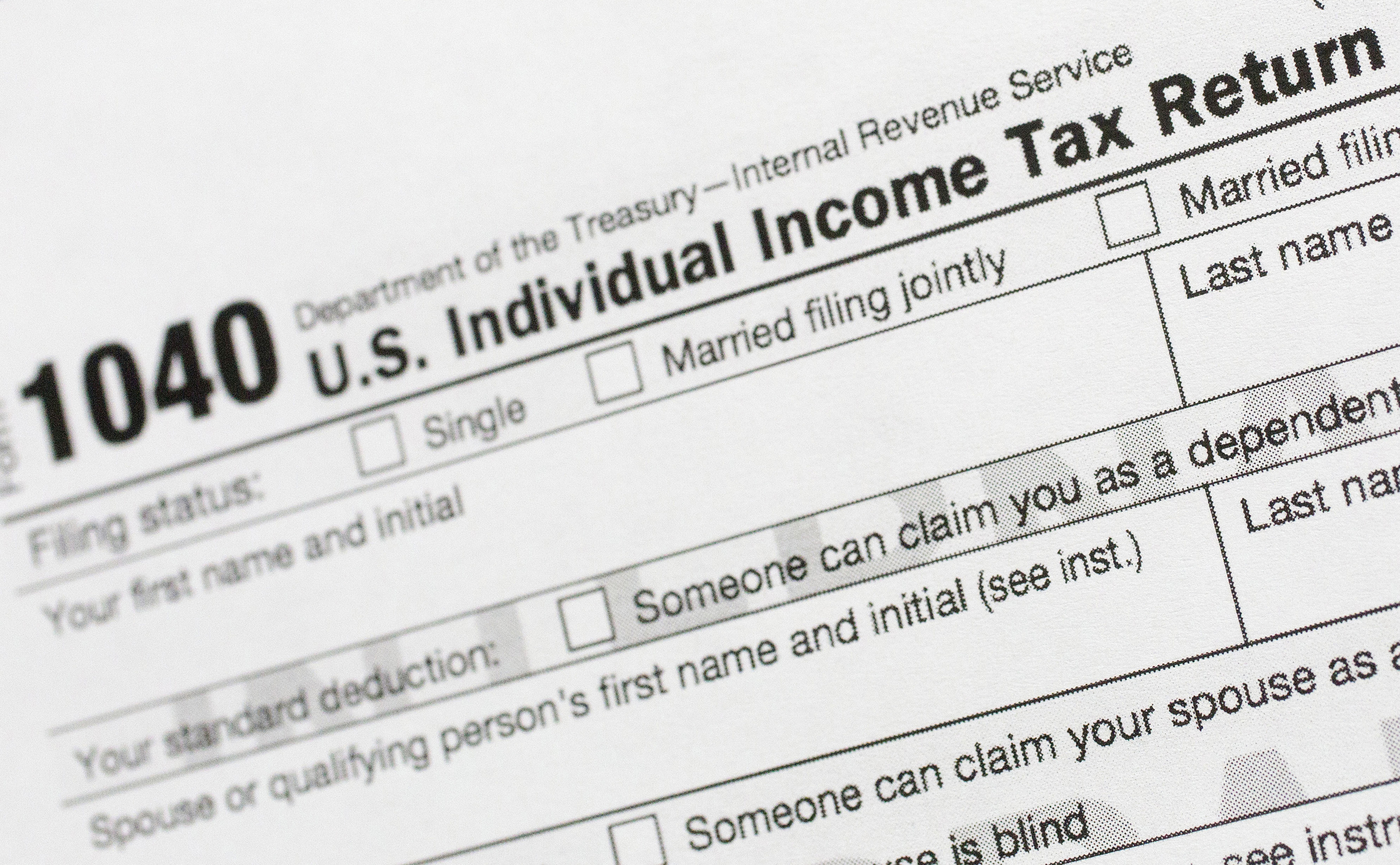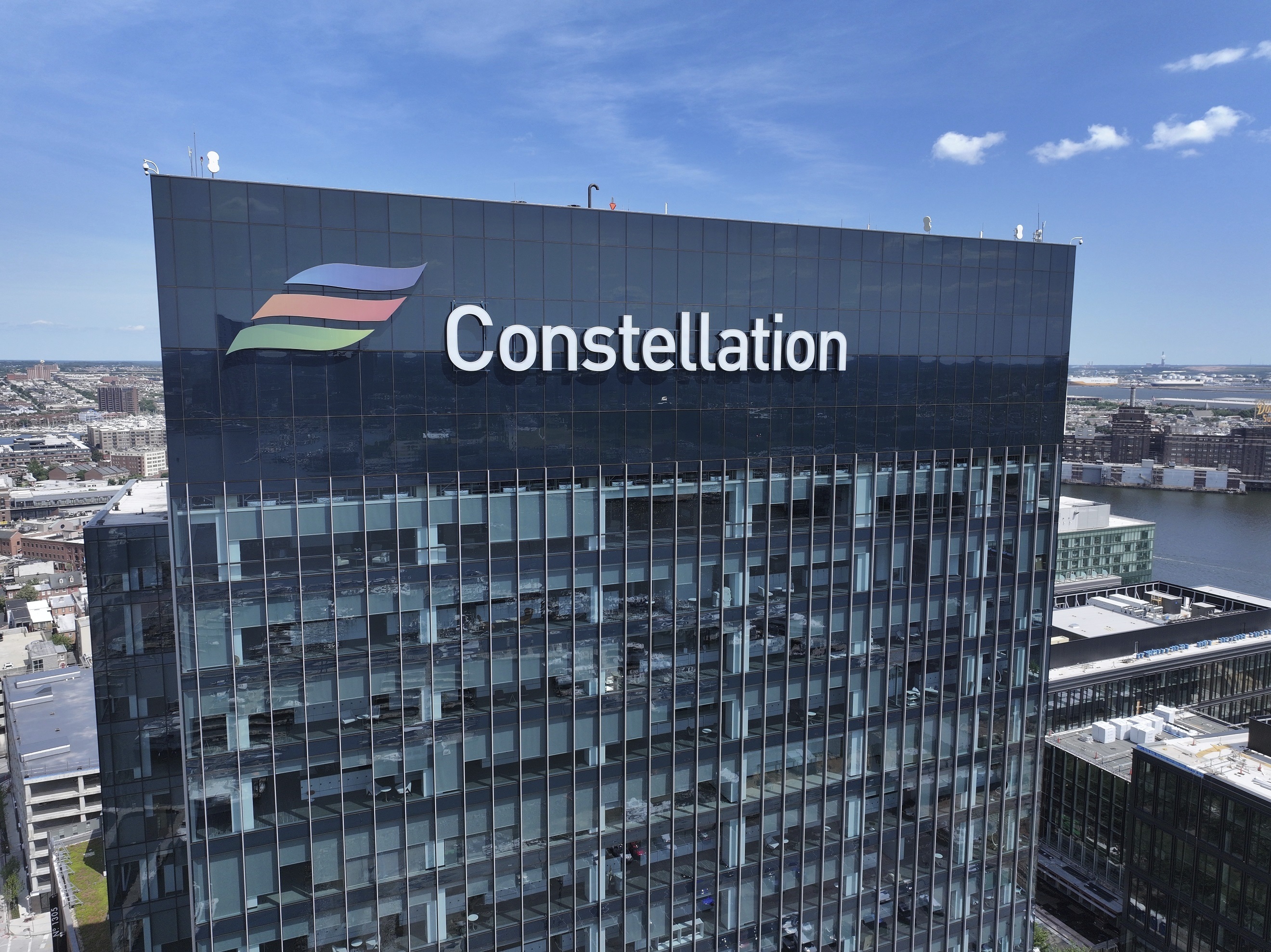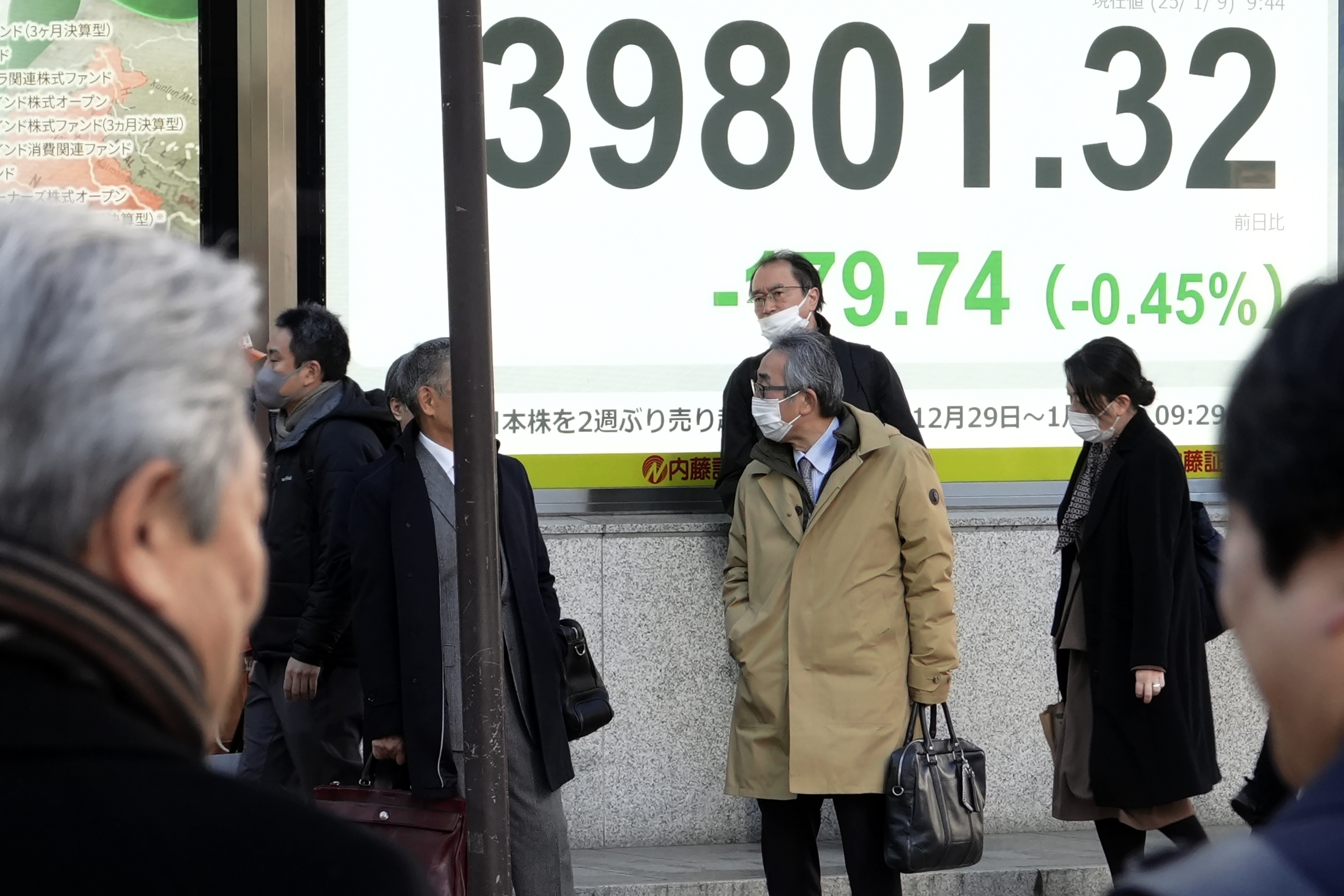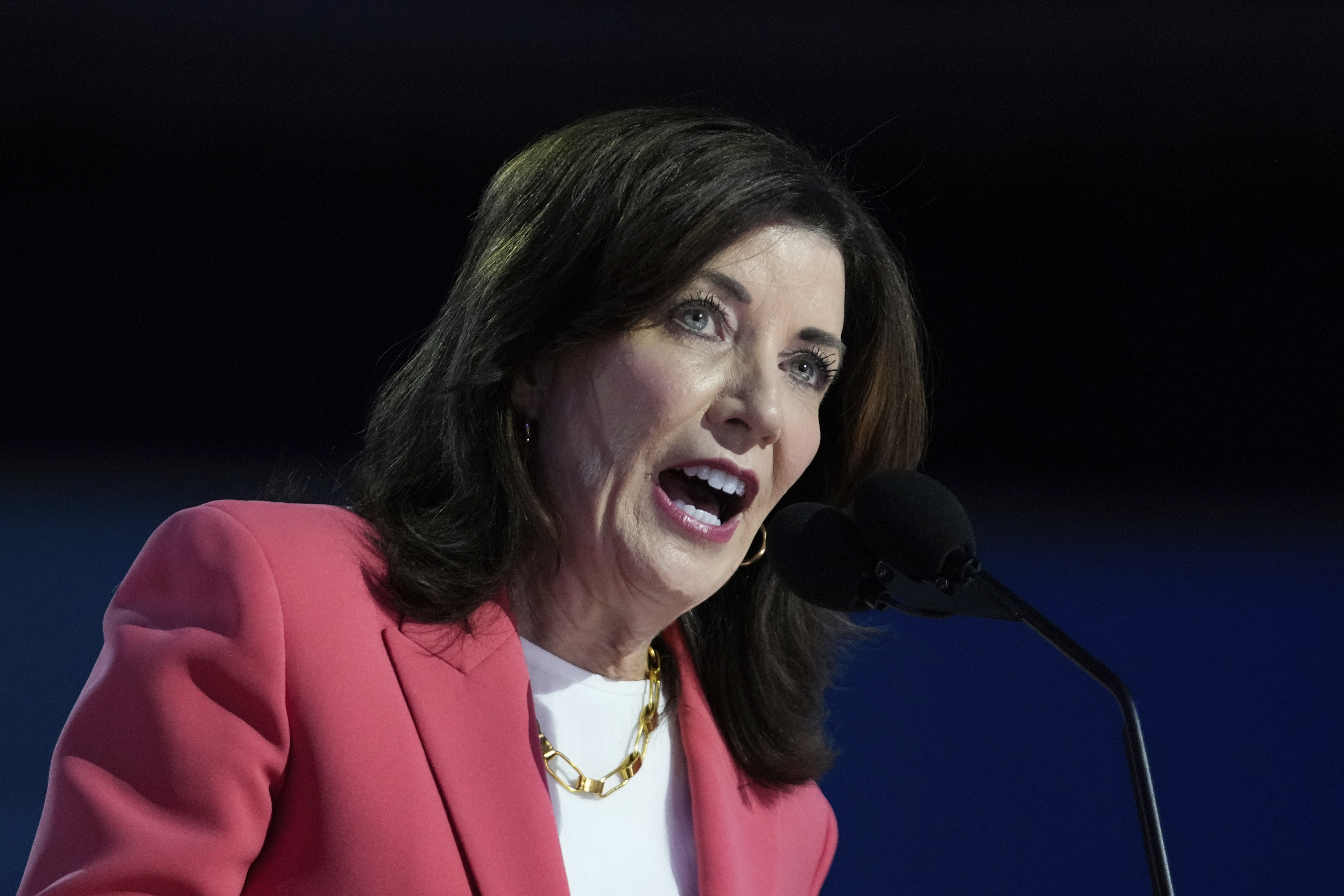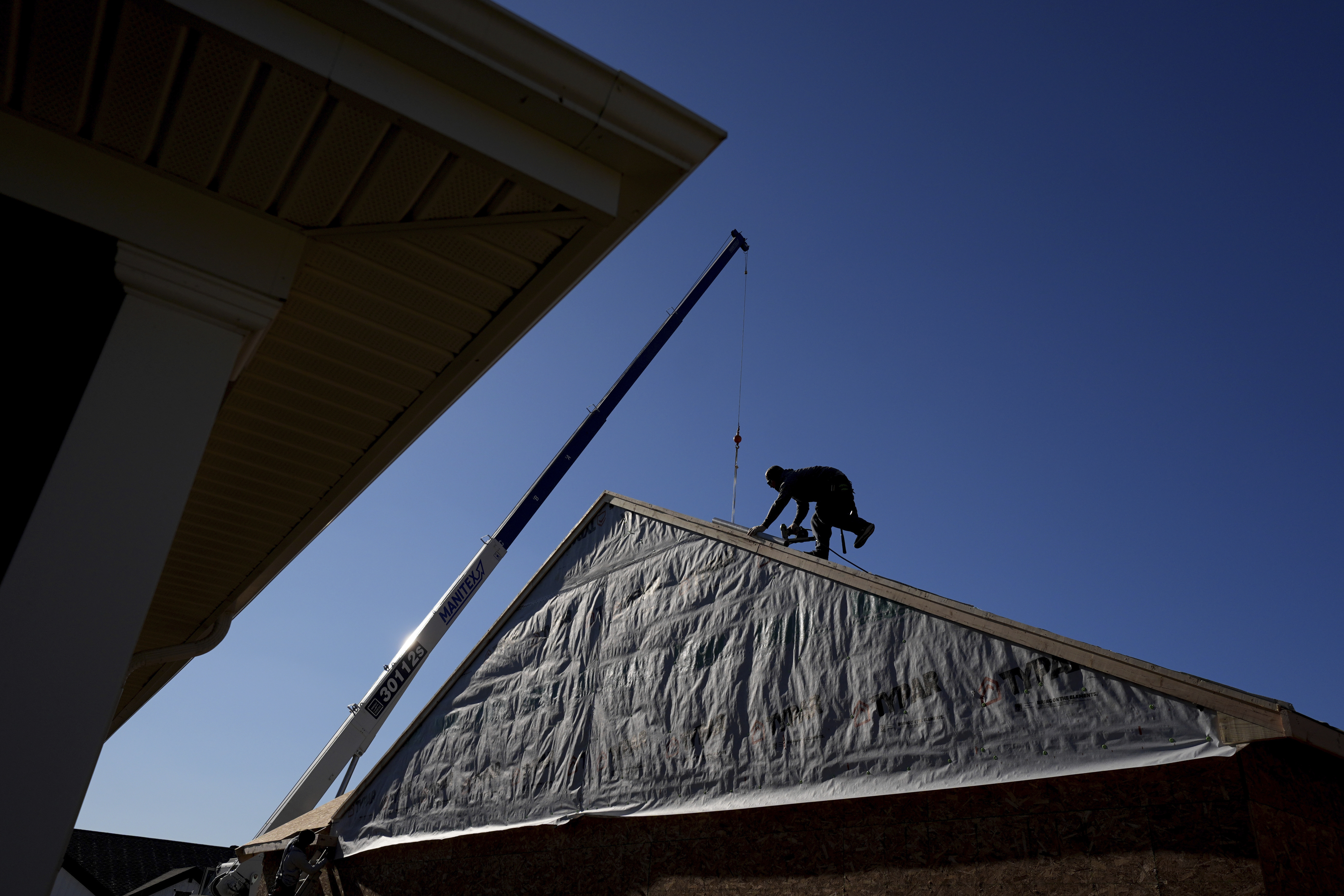WASHINGTON (AP) — The House on Wednesday easily passed a temporary extension of a subsidy program for small businesses slammed by the coronavirus, speeding the measure to President Donald Trump.
Approval by voice vote without debate came after Democrats pushed the legislation through the GOP-controlled Senate late Tuesday as spikes in coronavirus cases in many states led to renewed shutdowns of bars and other businesses.
Trump was expected to sign the measure.
The legislation extends the June 30 deadline for applying for the program to Aug. 8. Lawmakers created the program in March and have modified it twice since, adding money on one occasion and more recently permitting more flexible use of the funding despite some grumbling among GOP conservatives.
About $130 billion of $660 billion approved for the program remains eligible for businesses to seek direct federal subsidies for payroll and other costs such as rent, though demand for the Paycheck Protection Program has pretty much dried up in recent weeks.
Sponsors of the program, including Treasury Secretary Steven Mnuchin and Senate Small Business Committee Chairman Marco Rubio, R-Fla., want to re-purpose the money in a way that’s more targeted for businesses suffering during the upswing in cases.
It was part of an almost $3 trillion federal response to a menacing virus that has slammed the economy as consumers and workers were forced to stay at home through much of spring.
The subsidies come in the form of federal loans that can be forgiven if businesses follow rules such as utilizing 60% of the loan for payroll costs. The loans have been a lifeline to almost 5 million firms, but business owners are looking for more flexibility and aid that helps them survive over the long haul.
Congressional action came as lawmakers were set to exit Washington for more than two weeks. Upon their return, talks were expected to begin on a fifth coronavirus relief measure.
The House has already passed a $3.5 trillion measure that’s a dead letter in the Senate, but the spike in cases may mean less resistance among Senate Republicans to a new measure. The next COVID rescue effort was likely to focus on aid to state and local governments, an extension of unemployment insurance benefits, and another round of direct payments to individuals.





